Everyone Wants to Know Why Michael Myers Can't Be Killed in the 'Halloween' Franchise
Published Oct. 15 2021, 10:53 a.m. ET
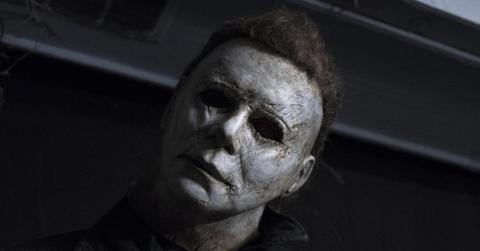
Fans of the Halloween franchise have been wondering this for decades, but upon the release of Halloween Kills, the question remains: Why can't Michael Myers be killed? At the end of 1978's Halloween, final girl Laurie Strode (Jamie Lee Curtis) thinks that she has defeated the killer after he is shot by Dr. Loomis (Donald Pleasence). But then he disappears.
Although it has been established Michael is no mere mortal, can he be killed? Or will history be doomed to repeat itself? Read on for everything we know about Michael Myers, and whether there's a chance Laurie will finally get the best of him.
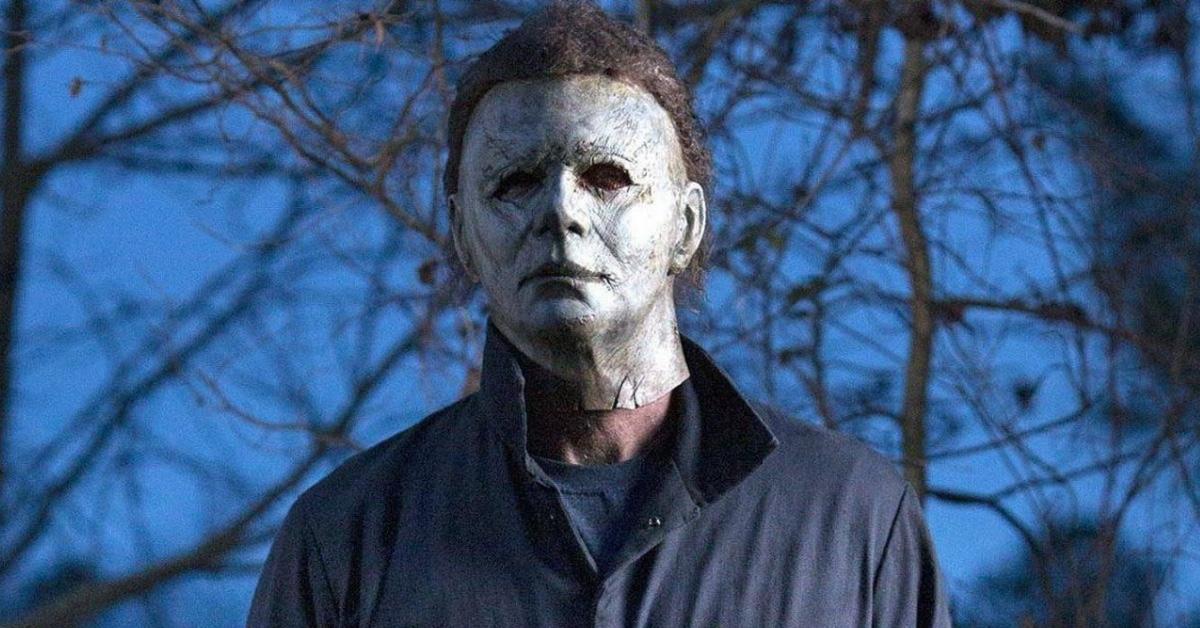
Why can't Michael Myers be killed? In 'Halloween,' Laurie thinks she's successful at last.
The end of 2018's Halloween shows Laurie victorious over the nightmare that has haunted her for years. Michael Myers is seemingly trapped beneath a burning building. However, unfortunately for Laurie, a post-credits scene reveals the truth: Michael is alive and well after all.
Michael's death by fire isn't even the first time characters have tried setting him alight in hopes that he would die, but time and time again, he's returned.
Why can't Michael Myers be killed? Although he was (albeit, temporarily) killed in several of the early franchise sequels, both the original Halloween and 2018's Halloween make it seem as though Michael is an unstoppable force impervious to burning or stabbing. What does this mean for his future in Halloween Kills and Halloween Ends?
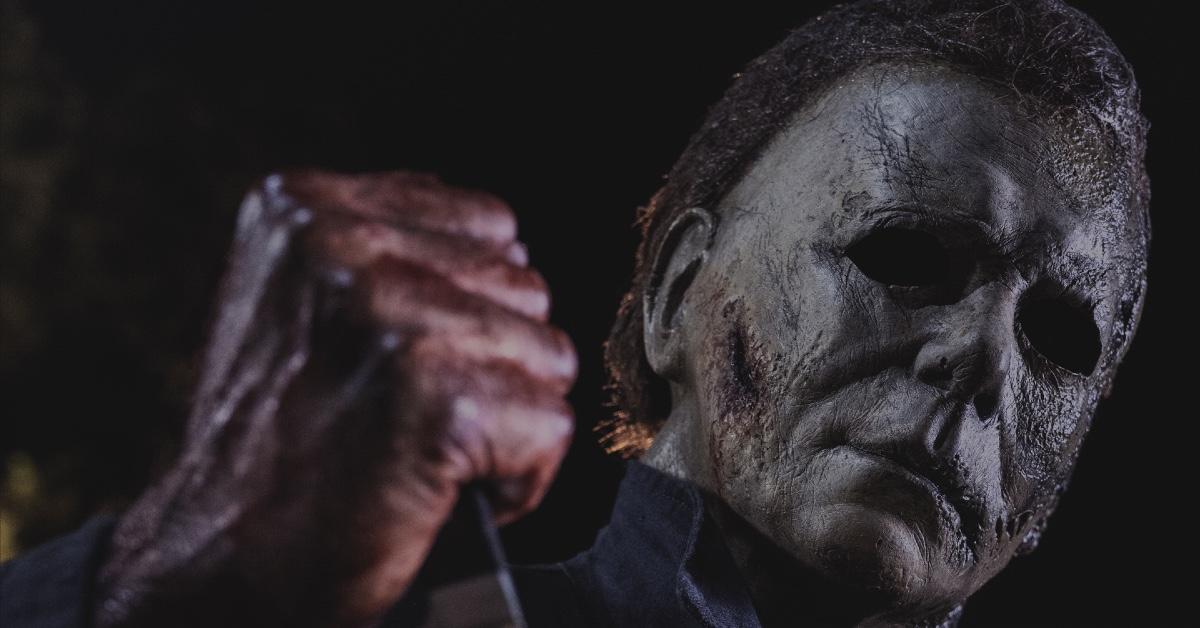
Narratively speaking, killing off Michael is also the death of the franchise. Michael Myers is a versatile antagonist whose repeated return leads to more movies, so it's understandable filmmakers would be hesitant to give his character a permanent ending.
Thankfully, John Carpenter, who directed the 1978 Halloween film that started the franchise, has an explanation for Michael's mysterious inability to die.
John said he wanted to emphasize that Michael is likely a supernatural entity to keep the audience guessing about an unknown evil. According to the Halloween 25th Anniversary DVD Commentary, John preferred the mystery of an unknown to a more solid explanation such as "he was cursed."
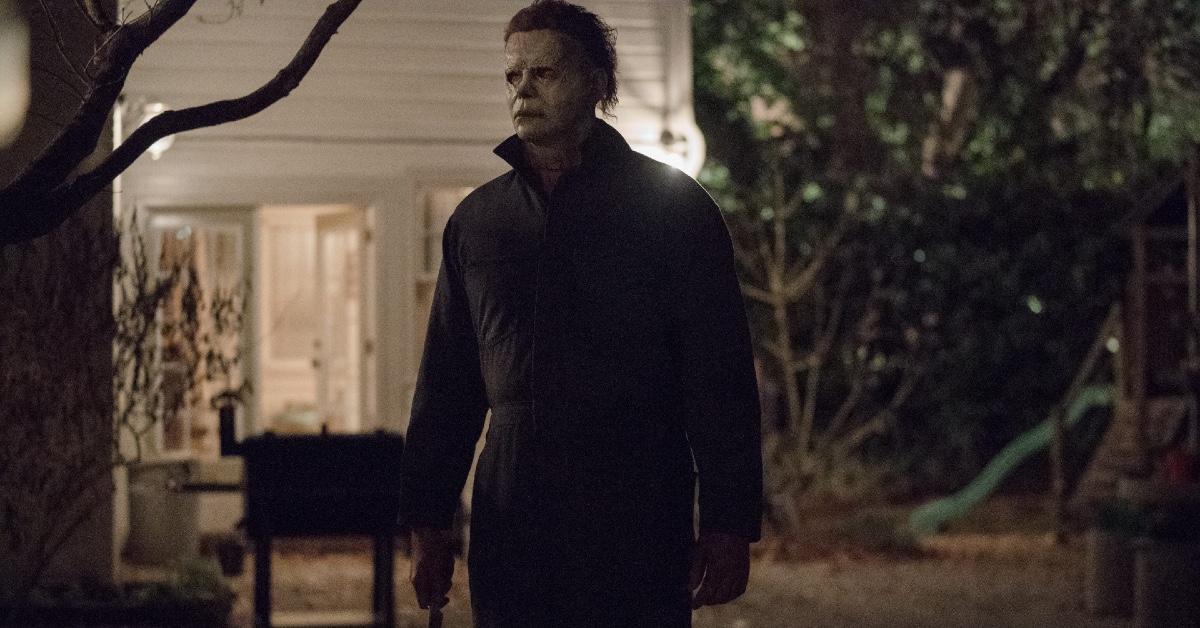
The ambiguity of Michael's character is terrifying, although it should be noted that directors of some of the other Halloween franchise films have attempted to contradict John's original theory by giving Michael a backstory that involves a curse.
One Redditor breaks down the "Curse of Thorn" from Halloween 6, which revolves around a pagan ritual where one family in a community is sacrificed so the rest of the community can thrive. However, the chosen family must be murdered by one of their own members, who is "blessed" by the Thorn cult. Michael Myers is that person, meaning he effectively cannot be killed until all of his family members are also dead.
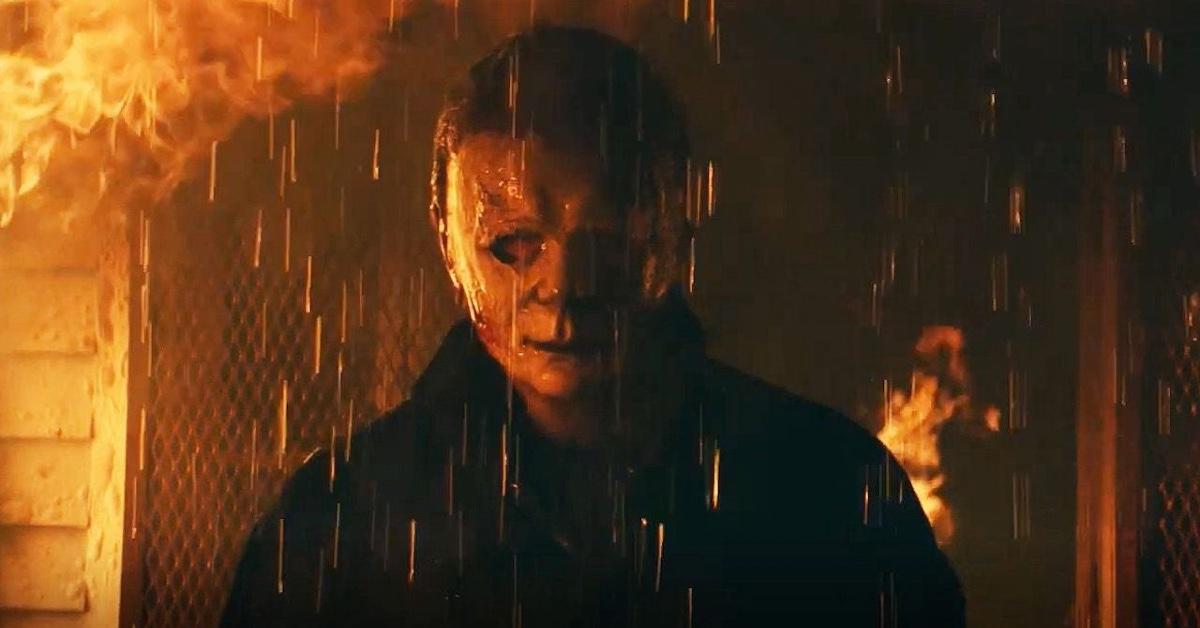
But the "Curse of Thorn" trilogy is basically considered an alternate timeline in the Halloween universe. 2018's Halloween, Halloween Kills, and Halloween Ends are all direct sequels to the 1978 original, meaning it's unlikely that Michael Myers is affected by any kind of curse from previous films. Instead, the character is based on John Carpenter's original, terrifying vision: an unknown, ambiguous evil who will always rise again.
Halloween Kills, the latest installment in the Halloween franchise, premieres on Oct. 15, 2021, in theaters and on Peacock.